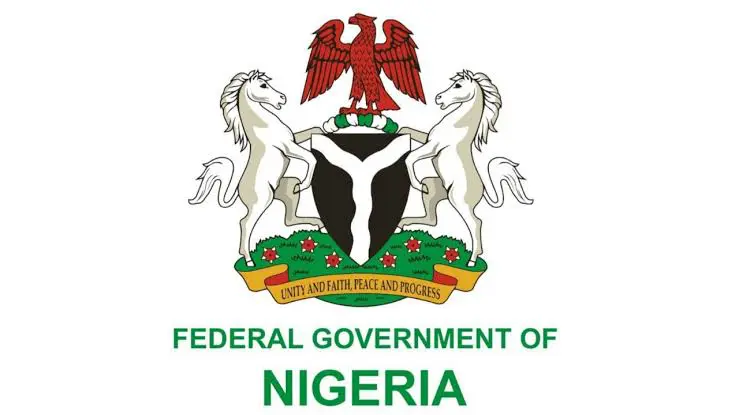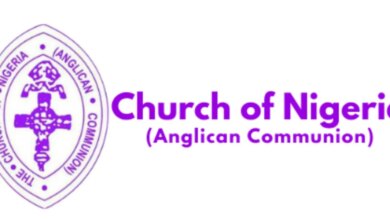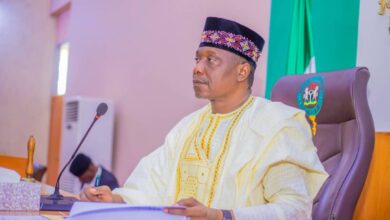FG unveils plans to check copyright violations in creative sector at Abuja Photo Festival

The Nigerian government has unveiled plans to check the high level of piracy and other forms of copyright violation in the country’s creative sector.
Speaking at the opening session of the Abuja Abuja Photo Festival on Wednesday, the Special Assistant to the President on Arts, Culture, Tourism, and the Creative Economy, Ayomide Adeagbo, said the Federal Government is formulating new copyright policies in a bid to address the problem.
The 9th edition of the Abuja Photo Festival, taking place from October 29 to 31, 2025, at the Exhibition Pavilion of the Abuja International Conference Centre, is being attended by over 1,200 photographers.
The event, themed ‘A World Connected’, is exploring how imagery can promote social reform and address societal challenges.
Speaking at the event, Adeagbo noted that the Federal Government wants to ensure that Nigerian creatives benefit fully from their work.
Speaking on moves to strengthen the creative economy, the presidential aide said, “The government is actually working on intellectual property policies for creatives in Nigeria, and it’s very vital. Photography is part of the creative sector.
“We want our creatives and photographers to be able to own their work and have control over it. So, we’re already working on that. We’re at this level right now, and very soon, we’re going to publish it in other parts of Nigeria. Photography is a source of livelihood.
“The reason why people are jobless is that they don’t have a job. But if you have a camera or even a smartphone, you can start earning, creating, taking pictures, and producing content that brings money into your hands.
“We don’t want creatives to be idle. We want them to be busy and productive, and they can do this through photography.”
He also disclosed plans by the government, through the Ministry of Arts, Culture and the Creative Economy, to support operators in the creative sector through funding and provision of equipment.
According to him, a lot of photographers require support to buy equipment and improve their craft.
Founder of the Abuja Photo Festival, Osaze Efe, in his welcome address, said the event serves as a platform for youth empowerment, as several young photographers have used the opportunity to laugh successful careers in photography.
He said, “From the very beginning, this festival has been about community — a community of storytellers, dreamers, and visionaries who use the camera as a tool to question, to document, to imagine.
“Over the past nine years, the Abuja International Photo Festival has grown into one of Africa’s most important platforms for visual dialogue — one that celebrates creativity, fosters collaboration, and amplifies voices that might otherwise go unheard.
“We believe that art festivals are not luxuries — they are necessities.
They are spaces where imagination meets reality, where young people find confidence in their expression, and where society finds new ways to see itself. Festivals like this remind us that creativity is not only a form of self-expression — it is also a form of social investment.”
Efe stressed the need to utilize photography in addressing societal issues.
“This year’s theme, “A World Connected,” could not be more timely. In a world increasingly divided by distance, culture, and ideology, photography remains one of the few universal languages — a bridge between our shared humanity and our diverse realities,” he added.





